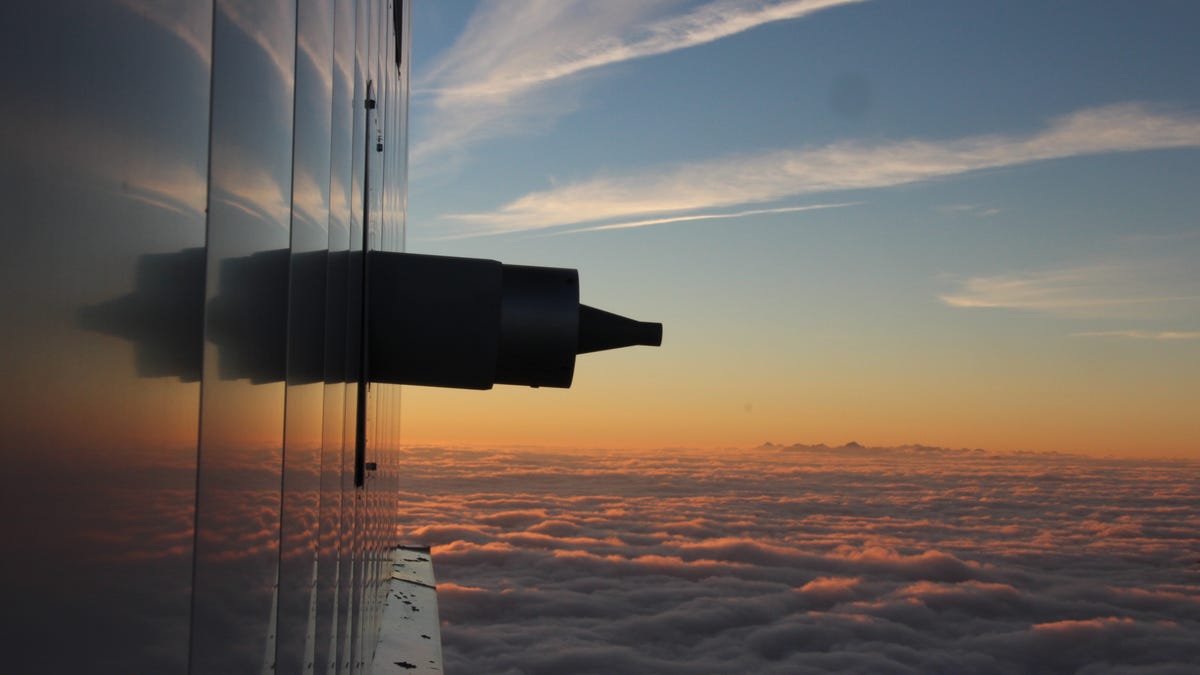Scientists discover microplastics in 'pristine' Pyrenees mountain air
Breathe deeply, breathe microplastics.
Humanity's obsession with plastics has consequences. Microplastics -- tiny plastic fragments that often come from products like packaging, clothing or cosmetics -- have been found everywhere from the deepest ocean to near the top of Mount Everest. Microplastics have now been discovered in what was thought to be "pristine" mountain air in the French Pyrenees.
"While posing no direct threat, its presence far from sources of pollution is nonetheless surprising," the French National Centre for Scientific Research (CNRS) said in a statement on Tuesday.
An international team of researchers analyzed air samples gathered at the Pic du Midi Observatory, which sits perched atop a mountain at an altitude of 9,440 feet (2,877 meters). They found microplastics -- mostly polystyrene or polyethylene -- that likely originated from packaging that's broken down. Polyethylene, for example, is often used for plastic wrap, bags and bottles.
The team published a paper on the findings in the journal Nature Communications this week. The study seeks to understand how airborne microplastics travel.
It seems the Pic du Midi plastics weren't coming from close by. "Mathematical models of air mass trajectories used by the scientists indicate that the particles originated in Africa, North America, or the Atlantic Ocean, which indicates intercontinental atmospheric transport of microplastic," CNRS said. The science team called for more research into how the plastic particles are reaching remote areas.
From the Mariana Trench to the highest mountains, it may be there are no more truly pristine places left.


